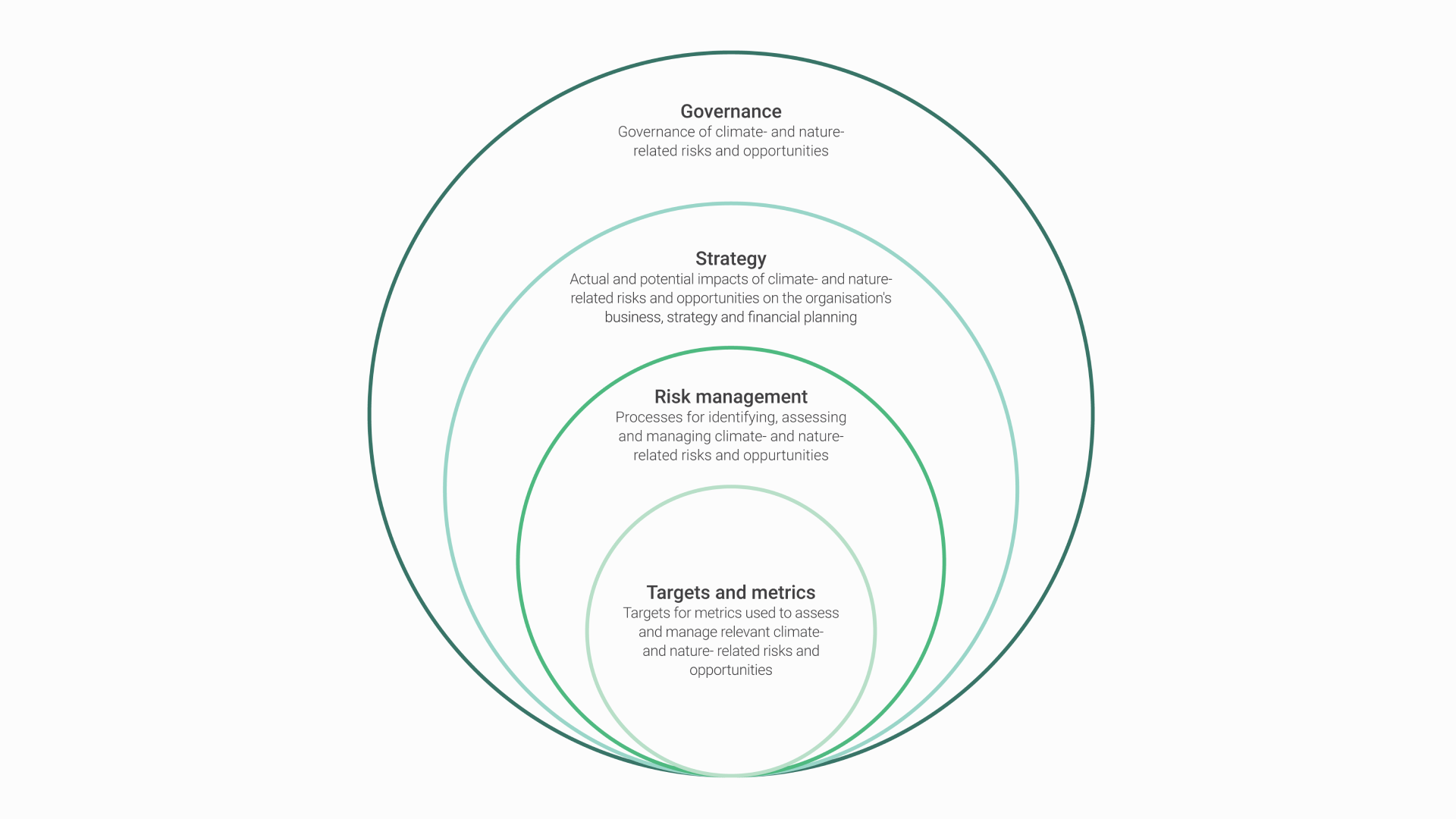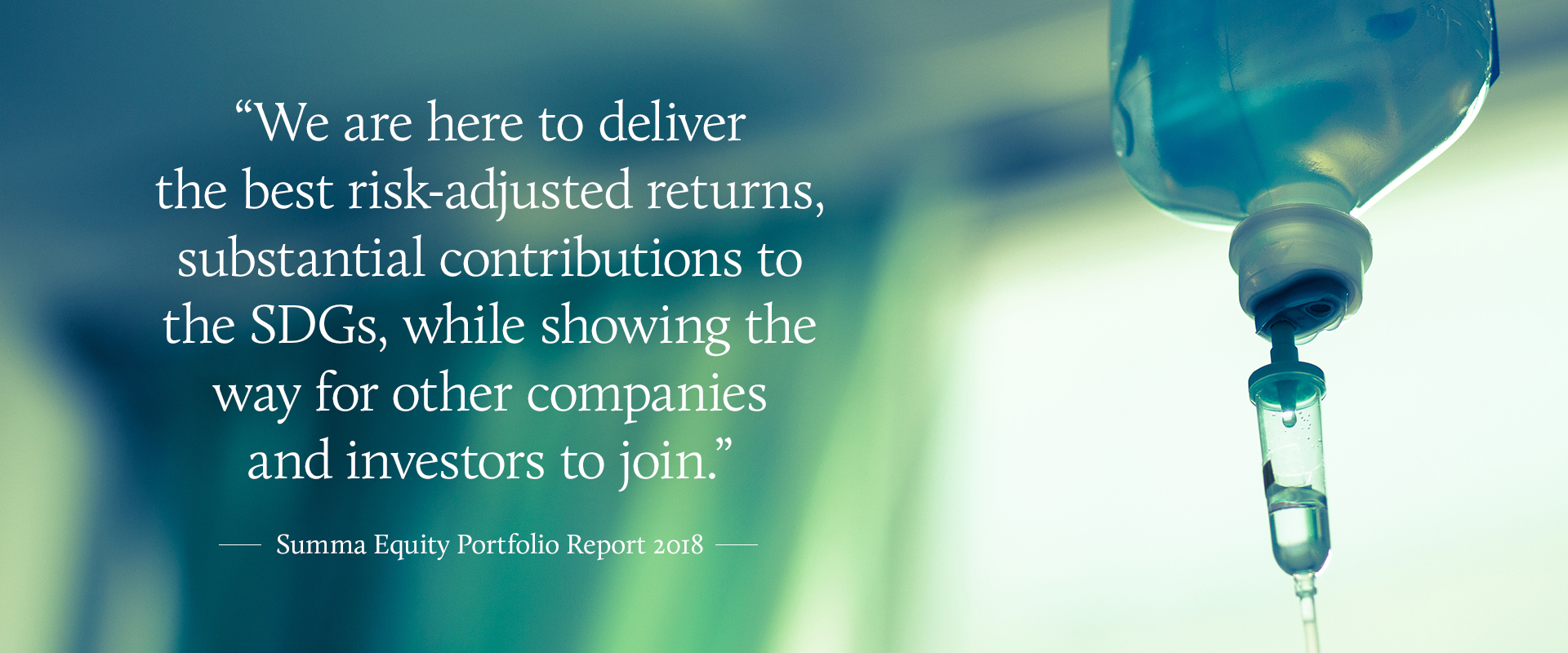Investing in food and agriculture for health and planetary resilience
- News
- Impact
- Reports
3 min read

The global food system is at a tipping point and with it comes a multi-billion-dollar investment opportunity.
Regenerative agriculture alone could see a threefold market increase by 2035, yet current funding meets just 10% of what’s needed. That gap signals a huge opening for private capital to step in and scale transformative solutions. This is a pivotal decade to invest in systemic transformation.
By investing in regenerative and plant-based food systems, we can restore ecosystems, improve human health and reduce emissions. But time is short. Without bold investment and innovation today, we risk locking in an unsustainable status quo.
Summa is committed to driving systems change in food and agriculture. Our strategy is built to seize this moment and invest in future-fit companies that will define the food system of tomorrow. This means we invest in industries supported by megatrends within four themes: Circularity, Sustainable Food, Energy Transition and Tech-Enabled Resilience. Within our Sustainable Food investment strategy, we target four high-impact areas within food and agriculture: alternative proteins, NextGen agriculture, food waste and the organic foods market.
By backing innovative companies such as Nutris and Holdbart, we aim to catalyze scalable solutions that are both commercially viable and environmentally responsible. Investing in sustainable technologies, regenerative practices and nutrition-focused solutions has the potential to unlock both long-term financial value and impact.
To learn more about this investment opportunity, read our latest report, Investing in food and agriculture for health and planetary resilience.
The Summa Summarum newsletter
Sign up to our newsletter
Latest readings
News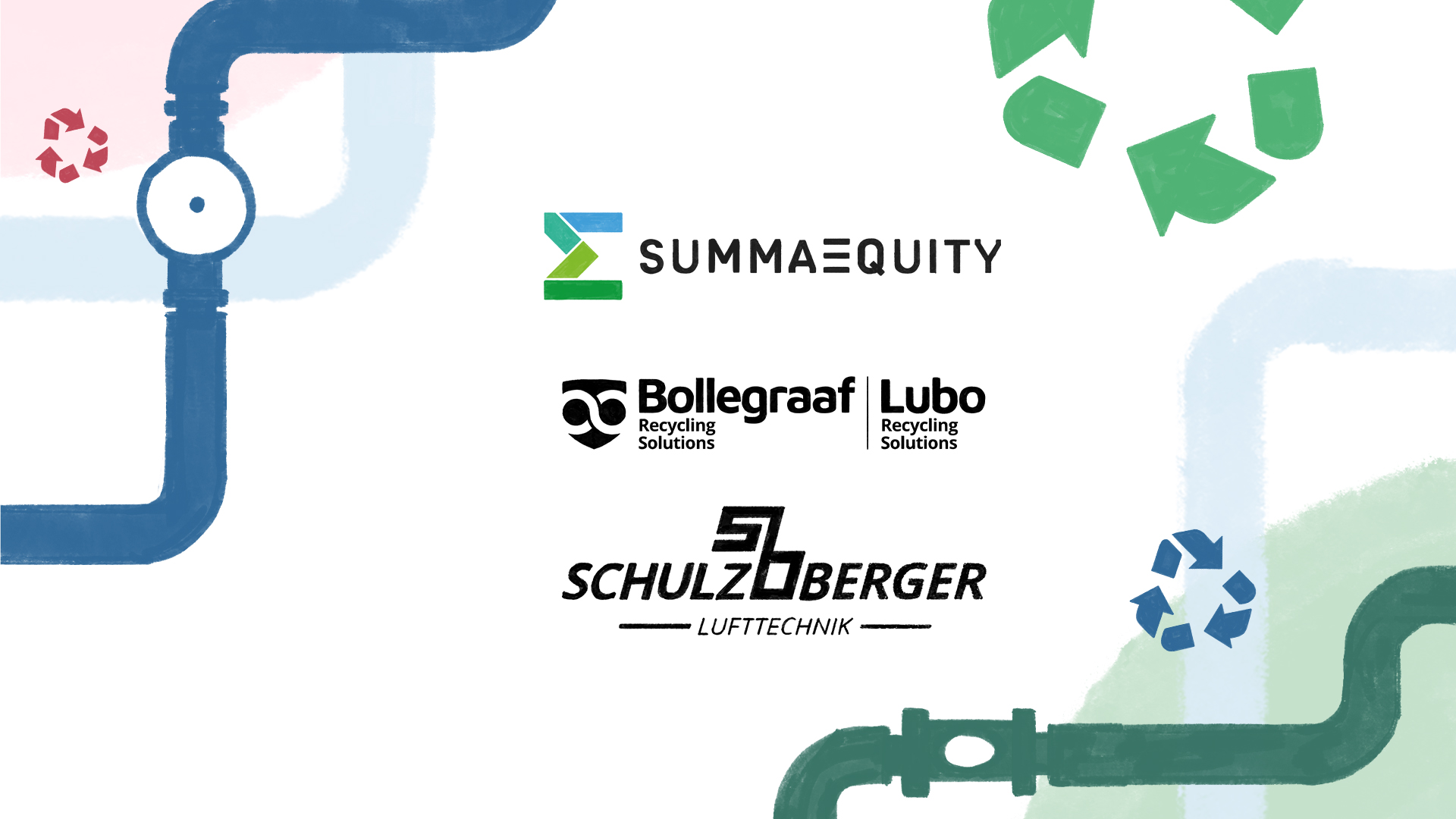
Summa Equity adds Schulz & Berger to its waste equipment platform to accelerate growth and innovation in circular economy technologies
Read more
The case for scalable regenerative agriculture
Read more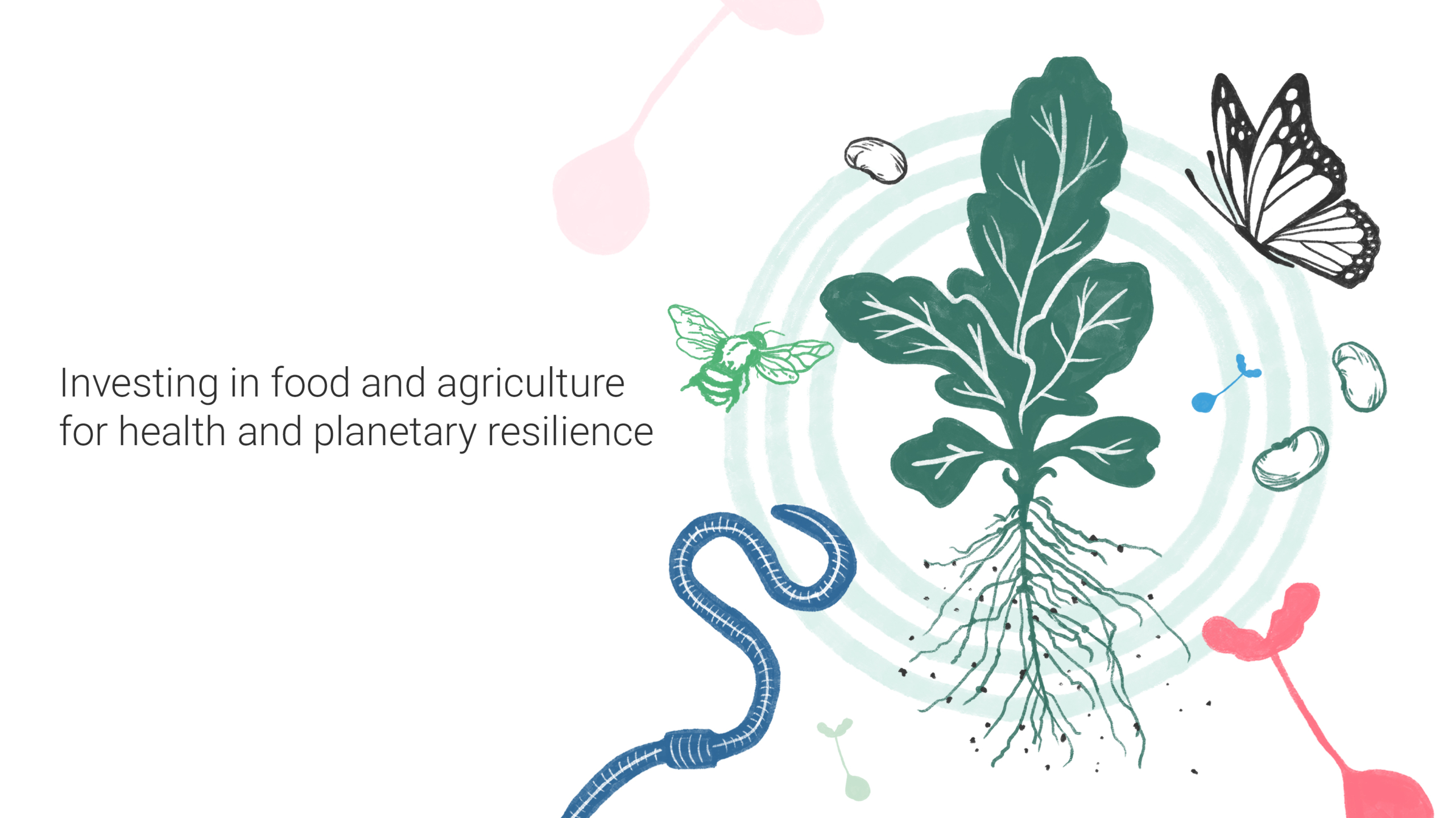
Investing in food and agriculture for health and planetary resilience
Read more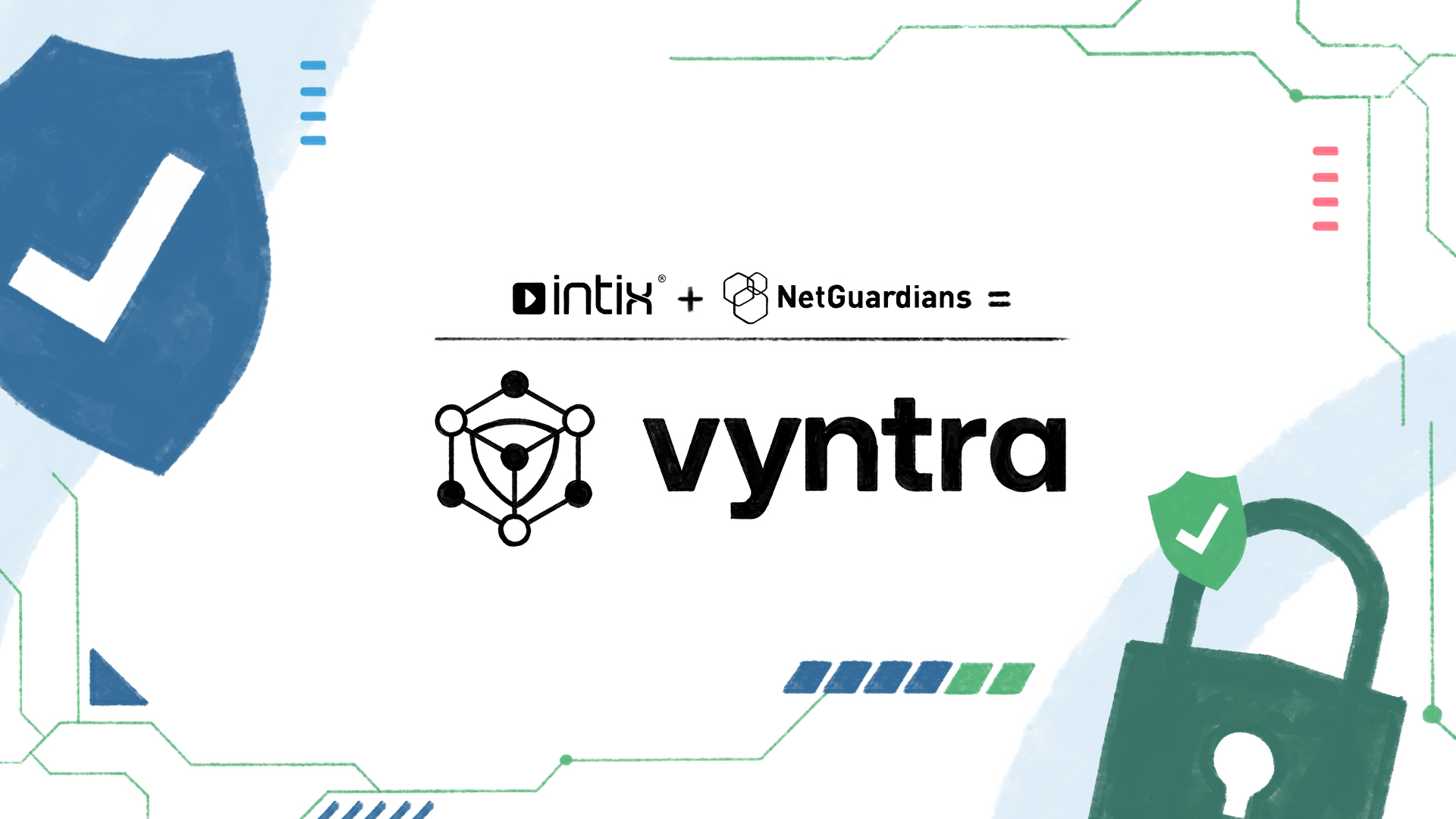
NetGuardians and Intix unite to form Vyntra
Read more
Planetary boundaries as a guiding framework for sustainable growth
Read more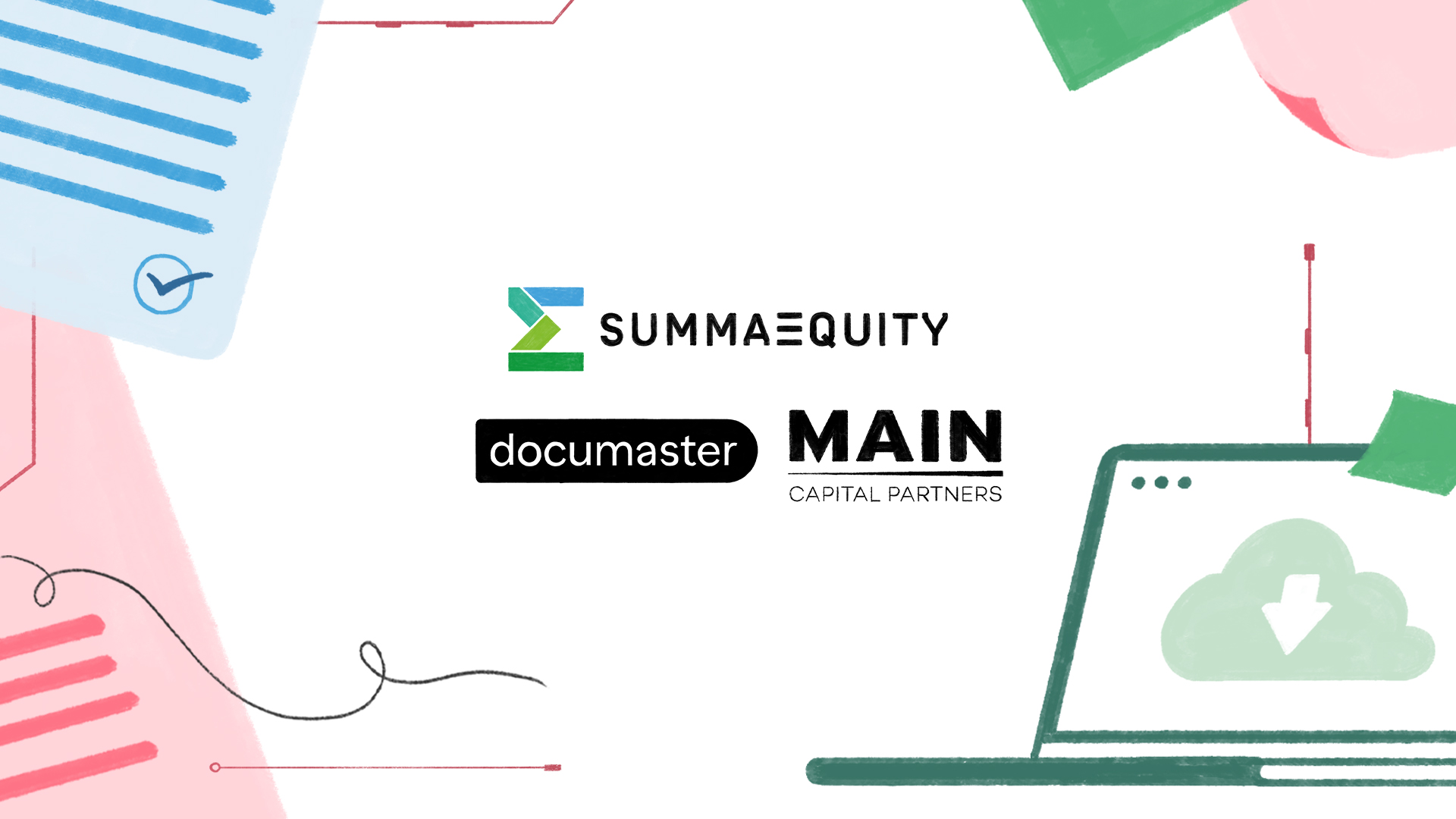
 Martin Gjølme, Partner & Theme lead, Sustainable Food at Summa
Martin Gjølme, Partner & Theme lead, Sustainable Food at Summa



